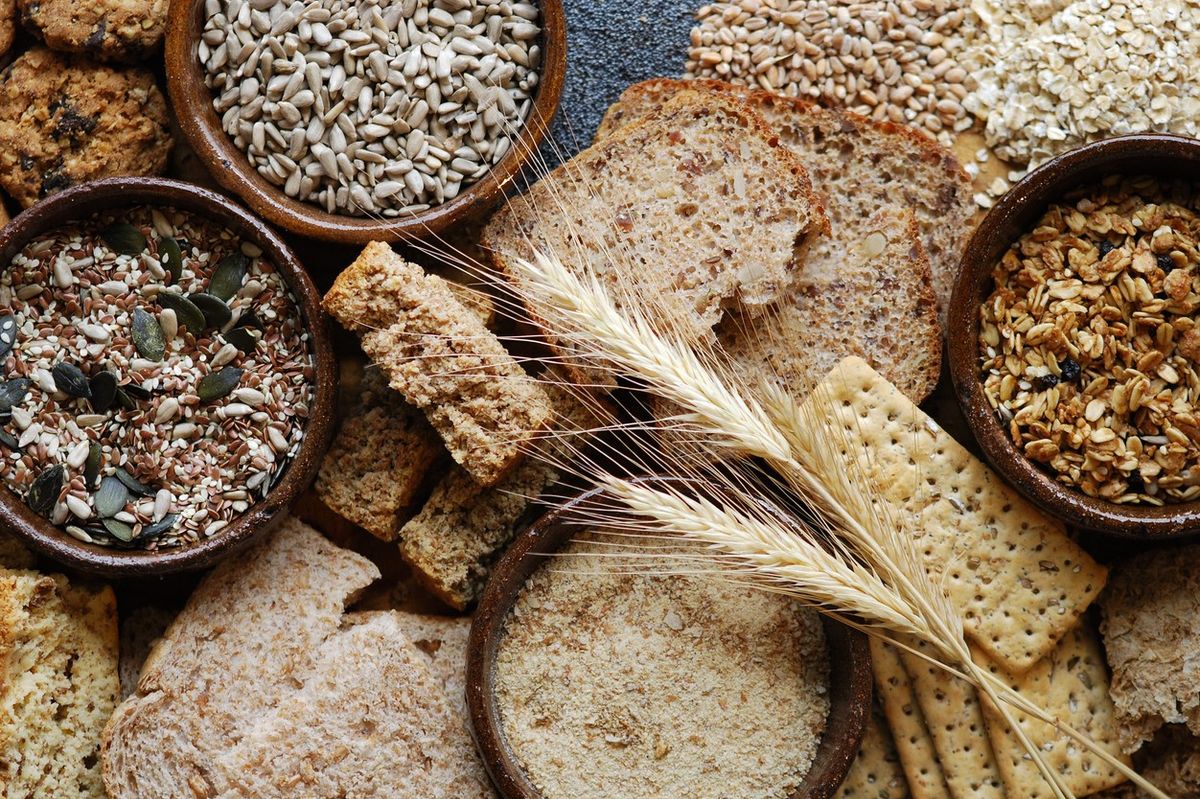Lidl GB has become the first UK supermarket to announce a fibre strategy that spans its entire product offering, setting out two key targets.
By 2026, it plans to increase the tonnage of total fibre sold by 20 per cent, and by 2030, boost the volume of wholegrains it sells to 25 per cent of total grains.
With nearly a quarter (23%) of shoppers actively seeking high-fibre products for their weekly groceries [Kantar, March 2023], the discounter said the new initiative is set to make it easier and more affordable for customers to improve their diets. Currently, only 9 per cent of UK adults meet the recommended daily intake of 30g of fibre, with lower-income households consuming even less, highlighting the need for this initiative.
As part of its new targets, Lidl is working with suppliers to enhance existing recipes by incorporating more plant-based, fibre-rich ingredients like lentils, beans, and grains, whilst reducing fats and sugars. It will also seek to introduce new high-fibre products.
Lidl also became the first retailer to sign up to the Food and Drink Federation (FDF) Action on Fibre initiative to help make higher-fibre diets more appealing for households. It has also turned to its rewards app, Lidl Plus, to offer monthly promotions on these products.
Building on its new fibre focus, Lidl has also become the first retailer to implement WWF’s ‘Planet-Based Diets’ methodology internationally across all 31 countries in which it operates. The WWF methodology will be used to measure and report on its product assortments and sales as it seeks to identify clear routes towards offering customers healthier and more environmentally conscious products, including vegetables, wholegrains, and plant-based protein foods such as beans and pulses.
With its ambition to align with the Planetary Health Diet by 2050, Lidl’s new overarching commitment is first-to-market and sets out to increase the proportion of plant-based foods sold, including plant-based protein sources, wholegrains, fruits, and vegetables, by 20 per cent by 2030.
“As the first UK retailer to align its strategy with the science of the Planetary Health Diet, Lidl is committed to supporting healthy and sustainable diets and setting ambitious targets to ensure our food is good for both people and the planet,” Richard Bourns, chief commercial officer at Lidl GB, said.
“We stand firmly behind the need for sustainable consumption as part of the net-zero transition and are committed to offering our customers an ever-expanding range of healthy, sustainable products at affordable prices.”


